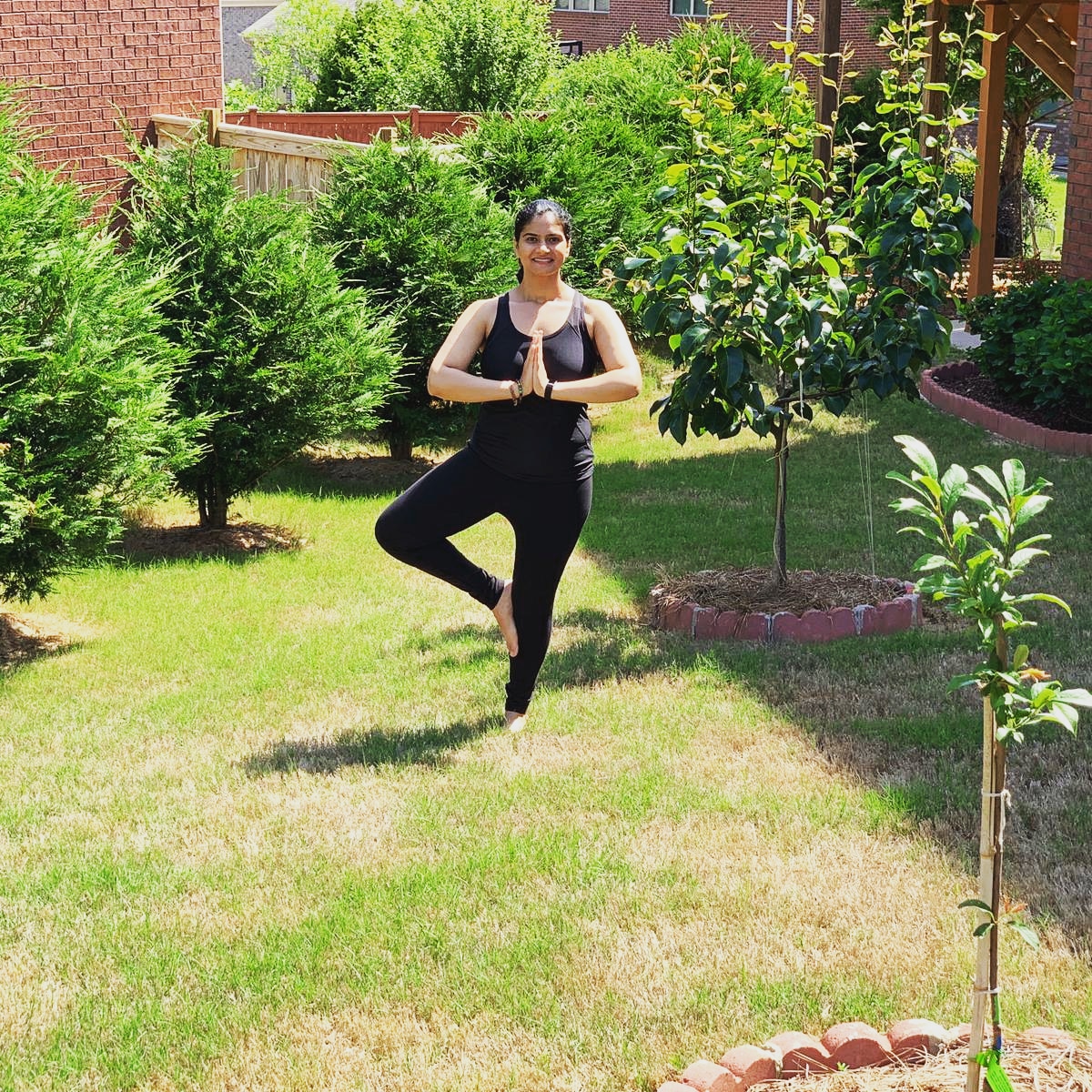Diversity and Selfcare
- Shama Panjwani

- Aug 30, 2023
- 3 min read
Updated: Sep 12, 2023
Lately there has been a lot of conversation around culture, diversity, inclusivity, and
equity. Living in the U.S. and being a high achiever comes with its own challenges but
when you add culture to it, you are left dealing with a storm. When people hear the word “culture”, the first thing people may think of is race, White and Black. Culture is so much more than that.
For example, when someone wants to know the cultural groups I am a part of, I have to
consider my race, my nationality, my gender, my age, my sexual orientation, my
religion, my education, my marital status, and my immigration status, just to name a
few things. The groups I belong to are part of my identity just like the groups you may
belong to are a part of yours.
As a high achiever you may be spending a lot of time in an environment or a setting,
such as school or work, where you are the minority in more ways than one. It can be
difficult to adjust to an environment where you know you are different than most.
Adjusting to an environment due to your cultural groups can bring up some anxiety,
depression, and maybe even trauma. Perhaps, this is not something uncommon for you
to experience but you still can't help but think, “when will this struggle stop?” You may feel lost, unsupported, misunderstood, unappreciated, and maybe even defeated.
Maybe something happens in a social setting that leaves you feeling lonely or alone. You begin to wonder: do I belong here? Am I being tested or watched closely because I am different? Am I getting the same opportunities to grow as those around me? What am I doing wrong? You begin to think about other times where perhaps your culture (race, nationality, gender, religion, etc) put you in a situation where someone may have made a comment that left its mark.
I began a new position in August where I am a minority amongst minorities due to my
race, religion, and nationality. In other words, I am an Asian Indian Muslim working at
a predominantly American Black Christian institute. Prior to that I was at a predominantly American White Christian institute. When I was at the White institute I
knew racism was to be expected and picked up on racism and microaggressions based
on people's comments or nonverbal cues. In a meeting, someone said to me, no offense
but we need to bring in someone Black to this institute. When I joined the Black
institute, I thought ok I am going to be amongst other minorities who get what it means
to be discriminated against so I can expect not to experience racism here. I was wrong.
In a meeting, one of the leaders intentionally or unintentionally mentioned I came on as a “diversity hire.” This shook me to my core. My heart sank. It felt like my world was
starting to fall apart. I began questioning myself, my abilities, and my intelligence. I was traumatized once again. I was left speechless and could not even get myself to cry
regardless of how hurt, alone, and defeated I felt. I began feeling anxious within my
body and sad within my mind. I became easily irritated and socially withdrawn as my
thoughts consumed me. I not only became fixated on what just transpired but also all
the racially traumatic experiences that came before this. My anxiety, depression, and
trauma have generally surrounded my immigration status in the past and I thought once I had all the education I could get, I would be treated with respect but that was not the case.
I had trouble sleeping. Then, the reality hit me. I live in a country that still has a
long way to go in being culturally responsive and humble. So I thought what can I do as
a high achiever, who is culturally diverse, to make sure I am taking care of myself amidst the cultural trauma. Here are some things I decided to focus on instead:
1. Understand that I am not the one to be blamed and it is not my fault.
2. Acknowledge what happened is not ok and that I am not alone.
3. Advocate for myself and others by using my voice and gathering support.
4. Practice holistic self-care, which involves feeding and healing the following
aspects of my life: spiritual, physical, mental, emotional, financial, and social.
Some examples include:
o Spiritual: pray, meditate, and spend time in nature.
o Physical: exercise, eat balanced meals, take my vitamins, and get a
physical.
o Mental: read, write, journal, teach as well as learn, and practice
mindfulness.
o Emotional: see a counselor, reflect, and allow myself to feel without
dwelling on negative emotions.
o Financial: evaluate my income and bills, set aside money for savings, and
set a budget for trips and events.
o Social: spend time with my family and friends.
I hope my story helps you realize that you are not alone and there are some things that
are in your control! As opposed to feeling defeated, you too can rise like a Phoenix!



Comments